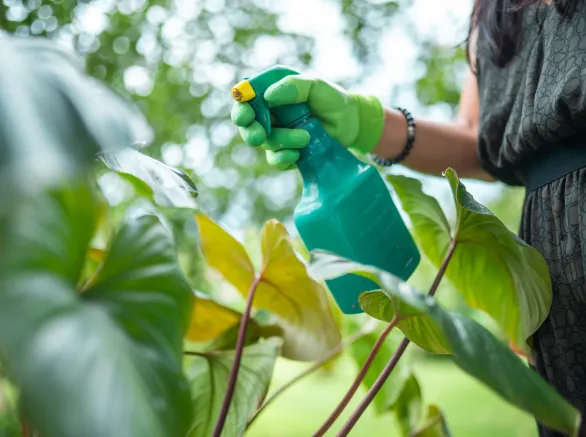April 13, 2020
Immediately in effect for clinical laboratories, commercial manufacturers plus Food & Drug Administration staff
The Federal Drug Administration (FDA) is holding weekly (virtual) town hall-style meetings where the in vitro diagnostics community can ask questions to clarify the FDA's recently issued guidance for developing diagnostic tests for SAR-CoV-2. On March 16, 2020, FDA updated its guidance on diagnostics testing for COVID-19, outlining four pathways (A — D) for diagnostic tests to be marketed in the United States.
The key takeaways from the town hall meeting on April 1, 2020, are listed below:
Home tests
- FDA and industry are focused on at-home tests where health care providers monitor administration of the test via telemedicine.
- No home-use tests have been authorized at this time. Any home-use tests will need to go through pathway C and require an emergency use authorization (EUA).
Pathway A/B: clinical laboratory improvement amendments (CLIA) labs & state labs
- If a lab wishes to implement modifications to an EUA test such as changing transport media or collection swab, these changes should be validated with a bridging study. While submitting the data to FDA is not required, FDA notes that voluntary submissions would be of great benefit to the field.
Pathway C: Manufacturer EUA
- Companies with CE marked tests might have enough data to qualify for an emergency use authorization. CE marking is the medical device manufacturer's claim that a product meets the essential requirements of all relevant European Medical Device Directives.
Pathway D: serological tests
- The in vitro diagnostics community needs serum from individuals who have recovered from COVID-19 to verify/validate the accuracy of the tests. FDA offers guidance for obtaining panels on its FAQ page. Foreign suppliers reportedly have supplies available, but FDA cautions users to check the quality of any panels obtained through this method. FDA requests anyone experiencing difficulty importing panels to contact FDA.
- Serological tests using pathway D must be labeled according to the updated guidance, including disclaimers that "[t]his test has not been reviewed by the FDA" and that "[r]esults from antibody testing should not be used as the sole basis to diagnosis or exclude SARS-CoV-2 infection or to inform infection status."
- FDA emphasized that serological tests using pathway D should not be marked as "approved" or "authorized."
- FDA official indicated that a serological test will soon be authorized through the EUA process. Later the same day, FDA announced that Cellex's IgG/IgM COVID-19 test was authorized for emergency use.
How Exponent Can Help
Exponent's multidisciplinary team of biotechnology, medical device, and pharmaceutical industry professionals develop safety information for products and processes that comply with all pertinent standards, regulations, and best practices. With expertise in risk communication and Federal Drug Administration (FDA) assessments, Exponent can assist in FDA label preparation and pathway B or D submission for COVID-19 diagnostics. Our offerings also include reviewing diagnostic data to assess the completeness of the package for EUA or pathway D submission.
Insights


